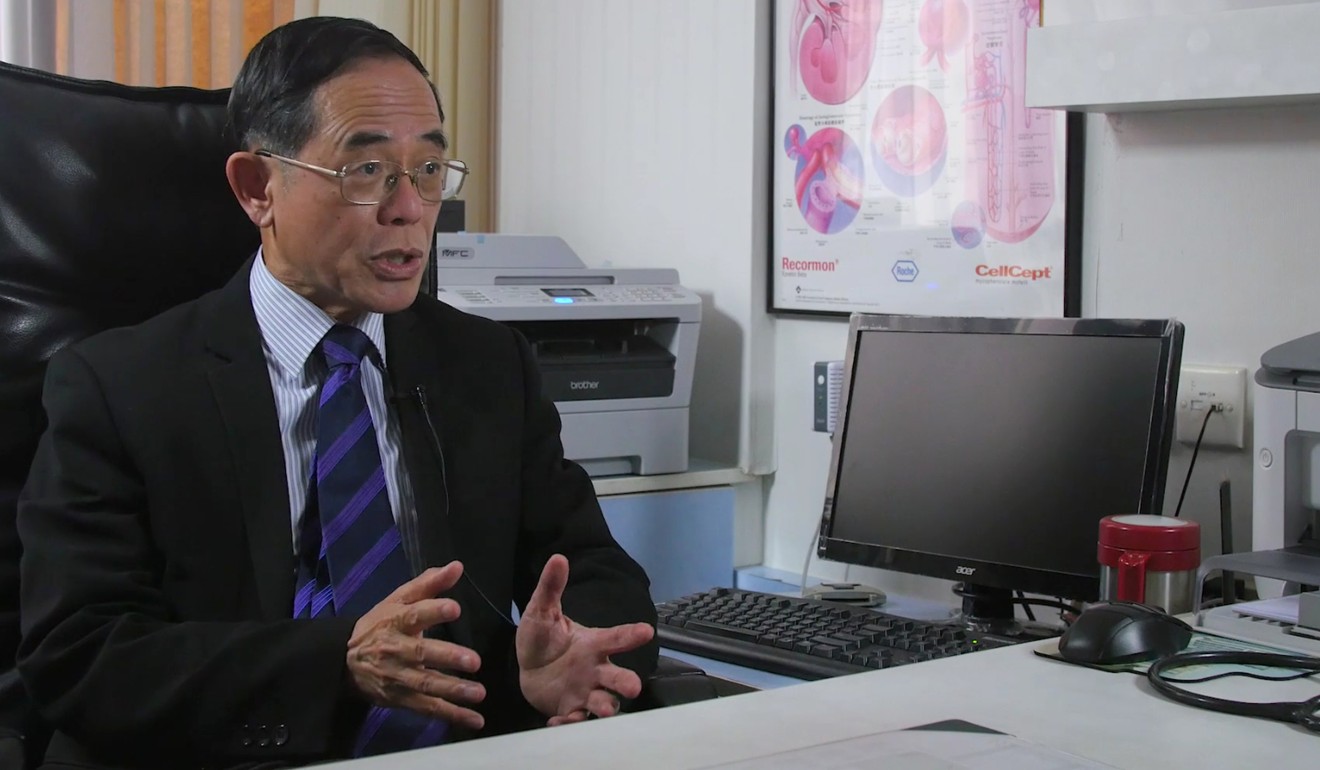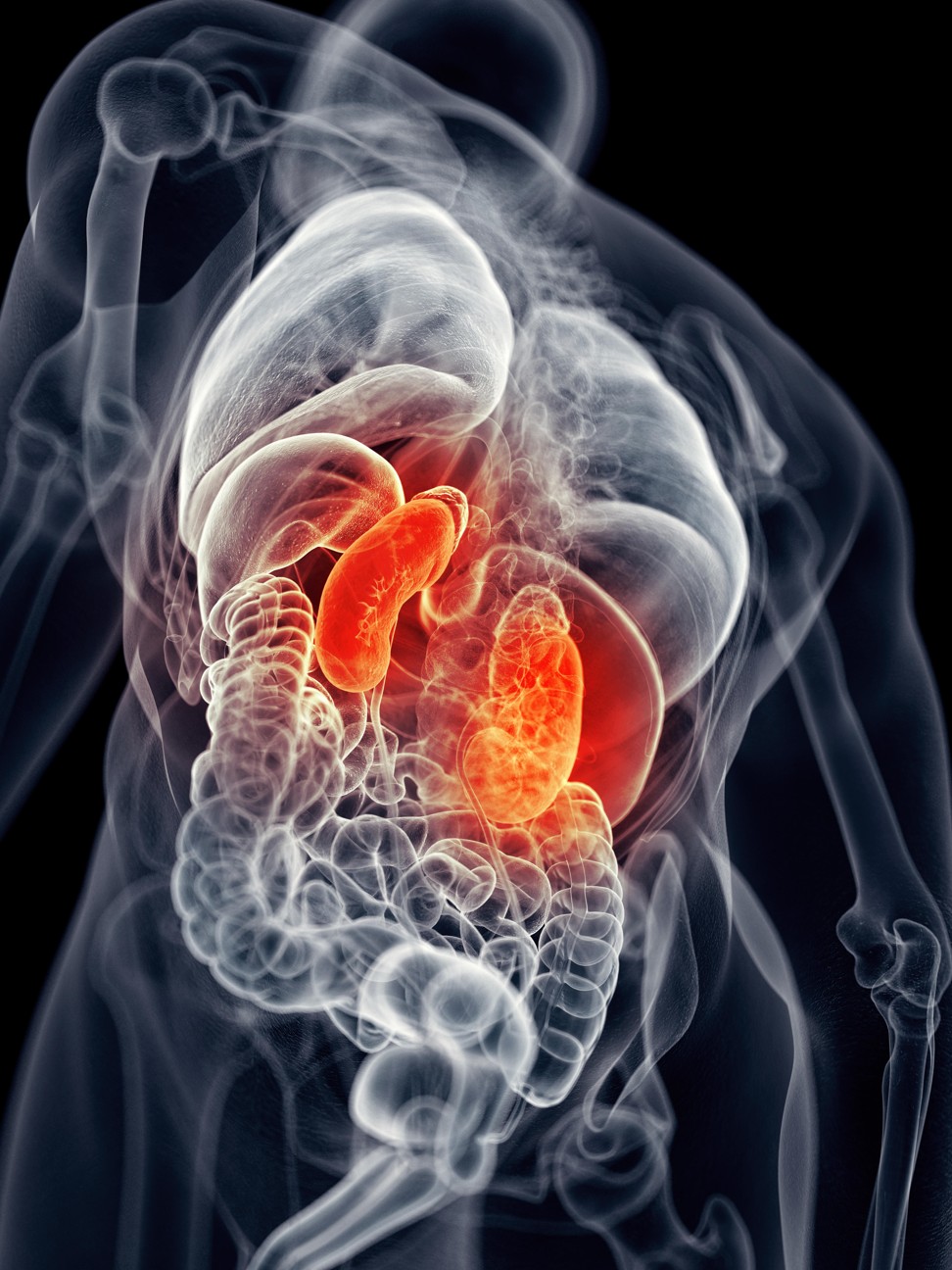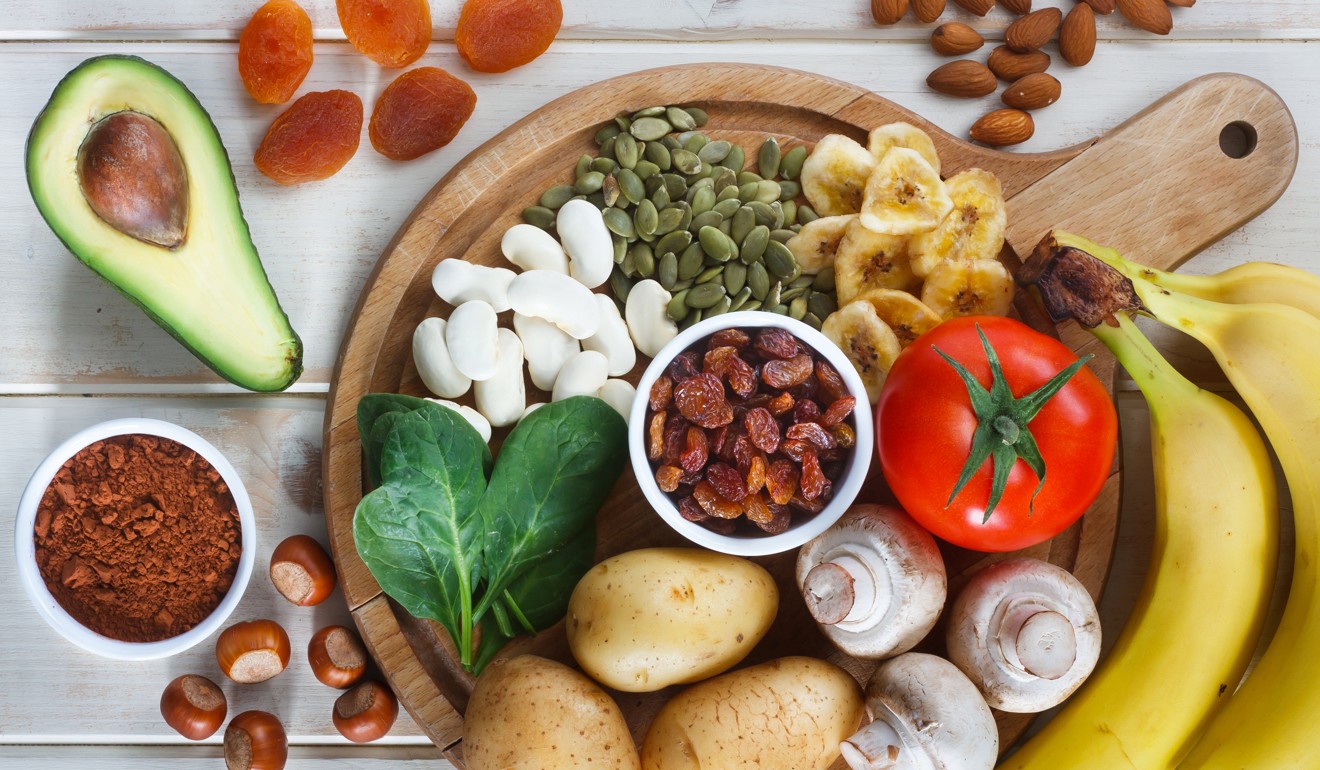
Chronic kidney disease and why we need to take it more seriously and sign up to be an organ donor
The number of Hongkongers being diagnosed with kidney disease is rising dramatically, but because it has few symptoms in its early stages, most people don’t consider getting a check-up until it becomes more serious
Despite the alarming rise of chronic kidney disease in Hong Kong, experts say few people take steps to check and maintain their kidney health and fewer still consider it a mortal threat.
CKD is any damage to the organs that curtails their ability to filter, enrich and purify your blood. Renal impairment allows waste to clog up the system, and complications can arise, such as heart disease, even early death.
Dr Ho Chung-ping, chairman of Hong Kong Nephrology Group, which promotes prevention and early detection of kidney diseases, says low awareness of CKD plays a role. In its early stages, the disease has no obvious symptoms.

According to the Renal Registry in Hong Kong, 8,510 patients with severe CKD required renal replacement therapy (RRT) in the form of dialysis or transplant in 2013, 2½ times as many as in 1996 when there were 3,312 patients. The Hospital Authority says there are more than 7,000 patients with end-stage renal failure in Hong Kong on RRT – a 90 per cent rise over the past decade. The growing number of Hongkongers diagnosed with CKD coincides with the city’s rise in diabetics.
The Private Patient Renal Registry shows that about 60 per cent of patients on dialysis have diabetic kidney disease. Other leading causes are hypertension and kidney inflammation (glomerulonephritis). Government statistics suggest the percentage of those with chronic kidney disease due to diabetes has risen from 25 per cent in 1996 to 46 per cent in 2009.
Hong Kong liver transplant patient shows no sign of rejection, but remains in coma
Early detection is key, Ho says. That requires routine checks of blood pressure, urine and blood. Ho advises having these as early as 18 years of age. The urine test assesses protein, red blood cells or any abnormalities, while a blood test measures kidney function based on creatinine levels. Creatinine is a waste product of muscle usage that should be flushed from the body, but it remains in the system when kidneys are not functioning properly.
At-risk groups, particularly those with diabetes, should get a yearly urine test, Ho says. If kidneys are impaired, the tests will reveal albumin protein and doctors will prescribe medications to slow the illness’s progression.
About five per cent of dialysis patients in Hong Kong have polycystic kidney disease, a hereditary condition. Ho says those who have it usually lose kidney function by age 60. About one in 1,000 people are diagnosed with it. Those with an immediate family member with this malaise should get an ultrasound check of their kidneys.

Sydney Tang Chi-wai, chair of Renal Medicine and Yu Professor in Nephrology at the University of Hong Kong, and chairman of the Hong Kong Society of Nephrology, recommends maintaining a healthy body weight through a balanced diet low on salt and sugar and easy on carbohydrates, to lower glucose, cholesterol and blood-pressure levels. “Diet contributes to diabetes, obesity and hypertension; these are all the tangible risk factors for chronic kidney disease,” explains Tang. He encourages people to drink adequate fluids to maintain kidney health, too, from eight to 10 200ml glasses of fluid a day.
Four ways Hongkongers can reduce the salt in their diets, and why we need to
Currently, the treatment for end-stage renal failure, the severest form of CKD, is RRT. Tang says that by the time patients require dialysis, kidney function is typically less than five per cent. After being successfully dialysed, the organs achieve only around 10 per cent of their original function. These machines only provide excretory function and can’t complete the kidney’s other important jobs such as releasing hormones for bone health and regulating blood circulation. A kidney transplant gives patients more than 50 per cent of their original excretory function and restores much of the kidney’s other vital roles.
However, kidney donation rates are low in Hong Kong, with waiting times of around eight to 10 years. While innovators are developing alternatives, notably artificial kidneys, Tang and Ho believe it will take some time for them to reach the market. Kidneys are complex organs with many cell types, including around a million nephrons per kidney that perform many functions. Tang says such an intricate micro-environment has yet to be proficiently replicated in man-made form.
“A lot more research is needed,” he says.
Advances in artificial kidneys
Scientists from University of California, San Francisco, have been working on an implantable bionic kidney for years, a silicon membrane-based device powered by a user’s blood flow.
Another alternative in development is Ontario, Canada-based Qidni Lab’s wearable artificial kidney, a palm-sized device.
At a recent Hong Kong event featuring start-ups from Canada’s University of Waterloo’s incubator programme, Qidni Lab’s founder and CEO Morteza Ahmadi spoke of the innovation’s potential impact, to liberate patients from life on dialysis, which he says is a physically and emotional painful existence.

Ahmadi has been working on the nano-filtration-based system since 2010 as a PhD student at the University of Waterloo.
Number of elderly organ donors on the rise in Hong Kong after lifting of age limit
Around five to seven litres of blood circulate in the body, and each day, kidneys filter excess water and waste products from blood at 180 litres a day, reabsorbing about 178 litres back into the blood. The extra two litres or so are secreted as urine. In dialysis, huge volumes of purified water are required to filter and purify blood. Qidni Lab’s technology mimics the kidney’s filtration and reabsorption prowess, which means this invention doesn’t require any water. “[The device] would process a lot of blood then in a very similar way with kidneys, we filter out, then we reabsorb, that’s how it works and that allows us to miniaturise it,” explains Ahmadi.
The device has only been tested in pigs. The company hopes to conduct human trials in a few years.
How India countered beliefs that hold back organ donation – by rallying spiritual leaders to promote life-saving practice
Resources
Managing diabetic kidney disease is complicated, but the Diabetic Nephropathy Management Support app developed by Dr Ho helps calculate kidney function and access information on drugs and tests to monitor your condition. Free, for IOS and Android.
On January 7, join a Spring Sowers Organ Donation promotion walk in Mui Wo, to learn about organ donation. For more information, visit kidney.hk or call 2527 8285.
Register as an organ donor at Centralised Organ Donation Register’s website, codr.gov.hk, and inform your family.

